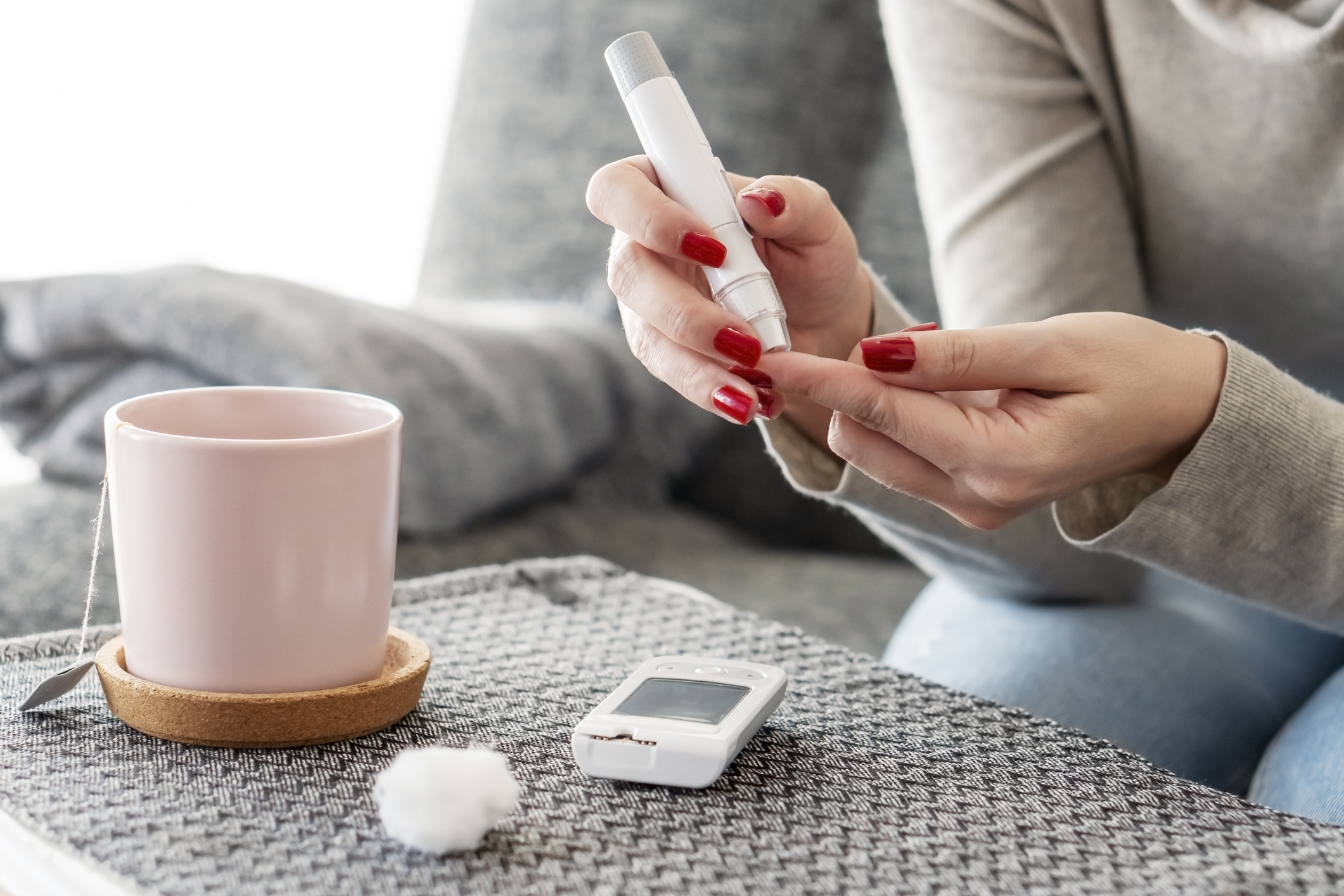 People who are diabetic must be very cautious when taking any medications when they have a cold or the flu. Some medications may have a negative effect on their health.
People who are diabetic must be very cautious when taking any medications when they have a cold or the flu. Some medications may have a negative effect on their health.
What medications are considered safe for a person with diabetes to take if they should get a cold or the flu? Most times taking a non-steroidal anti-inflammatory medication when taken as prescribed is safe. All medications, cough syrups and decongestants must be sugar-free. Often the pill form of a cold or flu medication might be a better choice to take because they may not contain any carbohydrates. If you are a diabetic, you should always consult with your physician before taking any over-the-counter medications.
In addition to taking medication as prescribed or recommended by a doctor, the most important thing for a diabetic patient to do is to keep their blood sugar well controlled. This will help their immune system fight off colds and the flu.
It is also recommended that people with diabetes check their blood sugar more frequently, every four hours, should they get a cold or the flu.
According to the Centers for Disease Control and Prevention (CDC) guidelines for “Sick Day Guidelines for People with Diabetes” a person should call their doctor or go to an emergency room if they experience vomiting, difficulty breathing, diarrhea, fever greater than 101 degrees Fahrenheit for over 24 hours, glucose level over 250mg/dl or lower than 70 mg/dl on two separate checks or cannot eat for more than 6 hours.
The American Diabetes Association recommendations for cold and flu care can be found here:
American Diabetes Association Guidelines for Colds and Flu
Most importantly, people with diabetes should get the annual flu vaccine to prevent or lessen the effects of the flu.
If you would like to schedule an appointment with a physician at Flushing Hospital Medical Center, please call 718-670-5486.
All content of this newsletter is intended for general information purposes only and is not intended or implied to be a substitute for professional medical advice, diagnosis or treatment. Please consult a medical professional before adopting any of the suggestions on this page. You must never disregard professional medical advice or delay seeking medical treatment based upon any content of this newsletter. PROMPTLY CONSULT YOUR PHYSICIAN OR CALL 911 IF YOU BELIEVE YOU HAVE A MEDICAL EMERGENCY.
